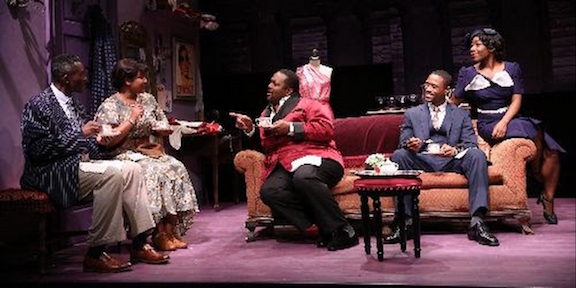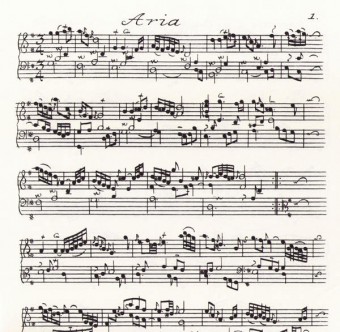
A new episode of Three on the Aisle, the twice-monthly podcast in which Peter Marks, Elisabeth Vincentelli, and I talk about theater in America, is now available on line for listening or downloading.
Here’s American Theatre’s “official” summary of the proceedings:
To listen to or download this episode, read more about it, or subscribe to Three on the Aisle, go here.This week the critics begin with a discussion about how their personal lives affect their experiences in the theatre, and the ways that different people identify (or don’t) when certain topics appear shown onstage. They then answer some listener questions about stage violence, respond to reader comments on reviews, and recount how they found their way to criticism. The round-the-horn discussion this week touches on Mac Beth at Hunter Theater Project, Gun and Powder at Signature Theatre, and Medea at BAM.
In case you’ve missed any previous episodes, you’ll find them all here.



